Basically, the project of the Second Karabakh War was not for the liberation of Karabakh, but as a cover for the implementation of “NATO Turani Corridor”, which has failed so far; but before explaining the nature of this corridor, it is necessary to mention that using the fake term “Zangezur Corridor” instead of “NATO Turani Corridor” is wrong from a historical, political and legal point of view, because the word “Zangezur Corridor” or more precisely the fake word the “Western Zangezur” refers to Syunik Province in the south of Armenia, which forms the border between Iran and Armenia.
In fact, this word has a territorial claim against the Syunik Province of Armenia, which means a violation of the territorial integrity of that country and violation of Article 4 of the United Nations Charter.
From the perspective of the West, Russia, China and Iran are the three main enemies of NATO, and their alliance means creating a new regional order against the West. Since the Caucasus and Central Asia region, as the heartland of the Earth, is the only region that is shared with those three countries, therefore it is considered as the most suitable geographical focus to attack Iran, Russia and China, and the driving engine of that focus is promoting the idea of Pan-Turkism and Pan-Turanism.
In this process, the idea of “Pan-Turkism” like the idea of “Nazism” and its “Turani Corridor” like “Hitler’s Danzig Corridor” before the Second World War for the geopolitical changes of playing the role of a beehive in the following four axes, are supposed to hit the three mentioned countries.
1. Transit area: Russia, China and Iran are currently at the center of four important transit projects “One Belt One Road”, “North-South Corridor”, “Persian Gulf to Black Sea Corridor” and “ECO Corridor”. In the framework of NATO Turani Corridor, Ankara is going to create the “Lazure Corridor” from Turkey to the Caucasus and Central Asia, Afghanistan and Pakistan (Gwadar), and the aforementioned four corridors will somehow be cut off or weakened.
2. Energy arear: NATO Turani Corridor is supposed to bring gas of Uzbekistan, Kazakhstan and Turkmenistan from the Caspian to Baku. Currently, the gas transmission pipeline (including South Caucasus, TANAP and TAP) is active from Baku to Italy, but Baku alone does not have enough gas to send through this pipeline. With the realization of NATO Turani Corridor and gas connection of the three mentioned countries to those pipelines, Europe will not have a serious need for Russian gas in the form of Nord Stream strategic pipelines, and Iran and geopolitical capacities of Russia and Iran in the field of energy will be weakened and China will also face problems in supplying its energy needs from Central Asia. From this point of view, the supporters of NATO Turani Corridor project hope that with the approval of the Caspian Legal Regime Convention in the Islamic Consultative Assembly, in which the construction of energy pipelines in the Caspian bed is allowed, the way for the establishment of the Turani Corridor energy pipeline will be paved.
3. In the area of ethnic issues: NATO Turani Corridor is supposed to create a broad ethnic wave based on pan-Turkism against the Azeri and Turkmen regions of Iran, the Uyghurs regions of China and the Tatar and Turkic regions of Russia, relying on the ethnic foundation that Baku and Turkey have created in the area of Azeris, Turkmen, Tatars and Uyghurs.
4. In the area of NATO expansion: NATO Turani Corridor is supposed to directly bring NATO into the northern borders of Iran, southern Russia, and western China in Xinjiang and complete the plan to encircle those countries and lay the groundwork for their disintegration. NATO presence in the Caucasus and Central Asia complements Russia’s blockade plan from the Black Sea, China’s blockade from the South China Sea, and Iran’s blockade from the Persian Gulf. Also, in NATO’s goal setting, NATO Turani Corridor is a prelude to strengthening the organization of the so-called Turkic-speaking countries and establishing the so-called “Turkish NATO” in the form of this organization (similar to the idea of the Arab NATO in the Persian Gulf Cooperation Organization).
If Baku, Ankara and NATO are not really trying to implement the “NATO Turani Corridor” conspiracy by attacking Syunik, the best solution is to cross this route at the border point of Zangilan and Nakhchivan with Armenia from inside Iran’s territory the memorandum of understanding for which was signed by Tehran and Baku in March 2022.
In the past three decades, Iran has been the main route (not an alternative one) connecting the territory of the Republic of Azerbaijan to Nakhchivan, connecting Turkey to the Republic of Azerbaijan, and also connecting Armenia with the outside world.
The same pivotal role of Iran, with the aim of ensuring lasting peace between Baku, Yerevan and Ankara, can now also be strengthened through the continuation of the Zangilan to Nakhchivan road from Iranian soil, while it is possible that other (only) communication lines between the Republic of Azerbaijan and Nakhchivan via Kazakh (which has a road to Yerevan and north of Nakhchivan); despite such solutions, Baku and Ankara’s insistence on the passage of the corridor through southern Armenia will be beating the drum of “NATO Turani Corridor”, which is not of a transit and commercial nature, but of a political, security and military, and geopolitical nature and based on territorial claims and will be faced with the opposition and strong reaction from some countries, especially Iran and Russia.
Naturally, with the logic of Baku-Ankara, Iran can also request the establishment of a corridor from the Qarasu region to Yerevan, so that Iran’s access to Yerevan from the border point is reduced from about 400 km to less than 50 km, especially since Qarasu was a part of Iran until 90 years ago.
Baku and Ankara’s insistence on “NATO Turani Corridor” will not lead to the realization of this corridor, but also by creating regional divergence and relying on ethnocentrism, the future will make Karabakh more ambiguous, the internal differences in Aliyev’s rule will intensify, and the discontent and ethnic faults in the Republic of Azerbaijan will become more active, while this issue can be converted into the Achilles heel of the Justice and Development Party government in the June 2023 elections against the six-member coalition and the Kurdish and the Alevis coalition.
Conspiracy of Creating “NATO Turani Corridor” with Geopolitical Consequences against Iran, Russia and China

LATEST CONTENT
Full text of Dr. Kharrazi’s speech at the conference “International Law Under Assault: Aggression and Defense” – Center for Political and International Studies, Ministry of Foreign Affairs
Strategic Council Online: Dr. Kharrazi, President of the Strategic Council on Foreign Relations, delivered a speech at the International Law Under Assault: Aggression and Defense conference held on November 16, 2025 (25 Aban 1404) at the Center for Political and International Studies of the Ministry of Foreign Affairs.
Iran’s Strategic Role in Ensuring Maritime Security of the Region
Strategic Council Online – Interview: An international affairs analyst stated: “If Iran can simultaneously strengthen its military deterrence and actively pursue and reinforce regionally focused dialogue-driven initiatives, it can assume a decisive role in shaping the new security architecture of the Persian Gulf.”

Últimas publicaciones
Full text of Dr. Kharrazi’s speech at the conference “International Law Under Assault: Aggression and Defense” – Center for Political and International Studies, Ministry of Foreign Affairs
Strategic Council Online: Dr. Kharrazi, President of the Strategic Council on Foreign Relations, delivered a speech at the International Law Under Assault: Aggression and Defense conference held on November 16, 2025 (25 Aban 1404) at the Center for Political and International Studies of the Ministry of Foreign Affairs.
Iran’s Strategic Role in Ensuring Maritime Security of the Region
Strategic Council Online – Interview: An international affairs analyst stated: “If Iran can simultaneously strengthen its military deterrence and actively pursue and reinforce regionally focused dialogue-driven initiatives, it can assume a decisive role in shaping the new security architecture of the Persian Gulf.”

DERNIER CONTENU
Full text of Dr. Kharrazi’s speech at the conference “International Law Under Assault: Aggression and Defense” – Center for Political and International Studies, Ministry of Foreign Affairs
Strategic Council Online: Dr. Kharrazi, President of the Strategic Council on Foreign Relations, delivered a speech at the International Law Under Assault: Aggression and Defense conference held on November 16, 2025 (25 Aban 1404) at the Center for Political and International Studies of the Ministry of Foreign Affairs.
Iran’s Strategic Role in Ensuring Maritime Security of the Region
Strategic Council Online – Interview: An international affairs analyst stated: “If Iran can simultaneously strengthen its military deterrence and actively pursue and reinforce regionally focused dialogue-driven initiatives, it can assume a decisive role in shaping the new security architecture of the Persian Gulf.”


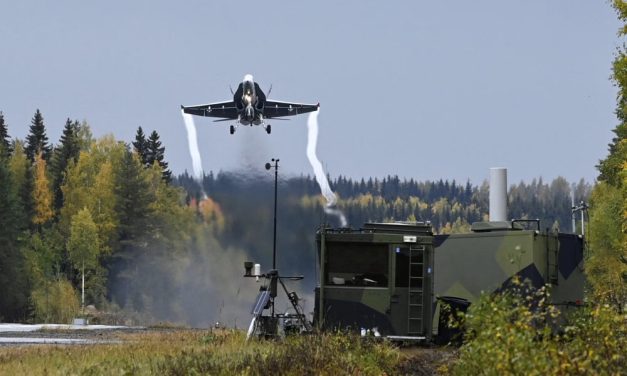
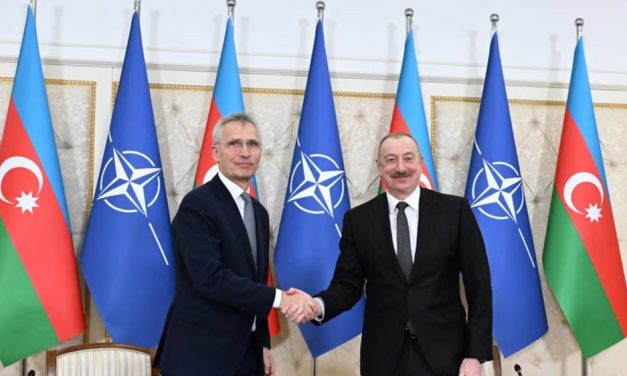
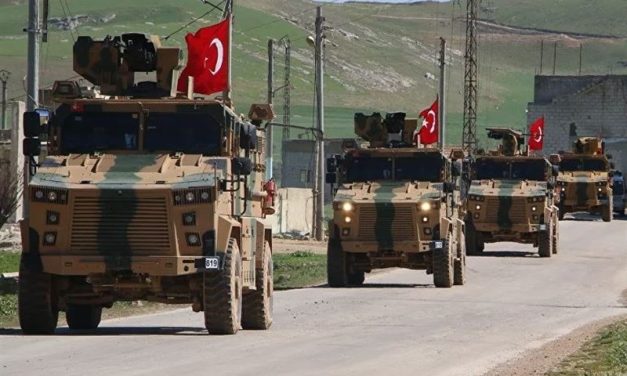
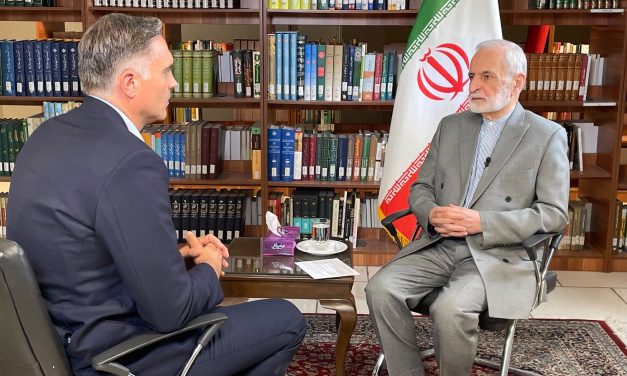
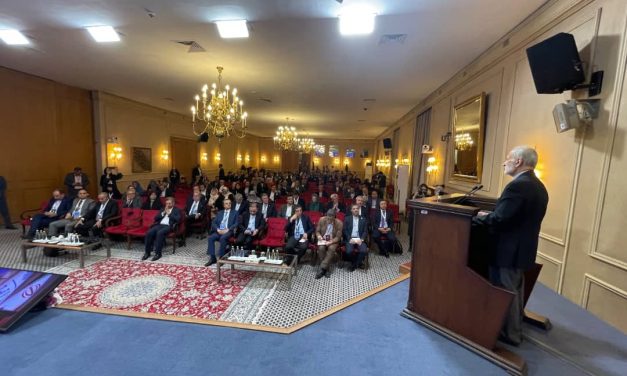
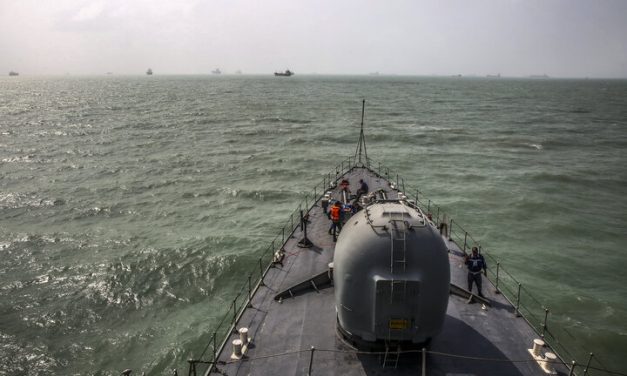

0 Comments